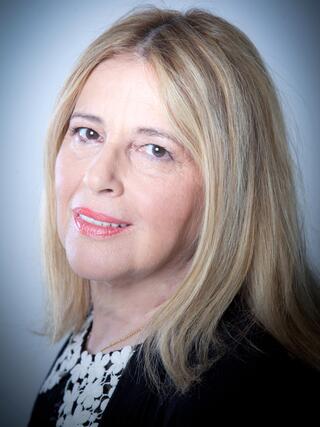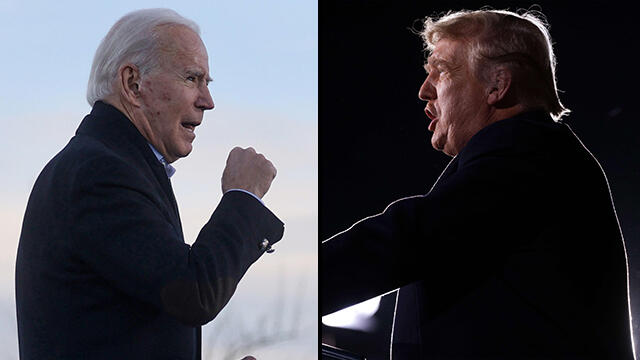Getting your Trinity Audio player ready...
François Mitterrand, a much-admired French president, held his position for an unprecedented 14 years. Born in the humble village of Jarnac, his charm and elegance captured the hearts of many. Scholars and strategists have spent years trying to unravel the secret to his alluring persona. The consensus they arrived at was his love for books, art, and gastronomy, which resonated deeply with the French populace.
Read more:
They aspired to emulate his intellectual prowess, his eloquent use of language, and his flirtatious rapport with renowned author and playwright Françoise Sagan. Mitterrand was always seen with a distinctive smile that further endeared him to the public. It's commonly believed that emotions often play a significant role in leadership elections, and Mitterrand was a master at moving the French emotionally.
France isn't the United States, yet a question has recently been echoing among American liberals: Why hasn't a leader resembling Mitterrand surfaced in their midst? Barack Obama seemed the closest equivalent: the allure that Mitterrand held for the French, Obama held for them. Obama was adept at dispensing the most valuable asset a leader can offer: hope. However, a significant part of America, often referred to as "dark America", perceived him as a catastrophe, leading them to choose a president who was his direct antithesis: a man sporting corn-yellow hair and possessing a mouth prone to invective.
The sentiment Donald Trump evoked also deeply moved a substantial segment of Americans, around half of them. They were drawn to his persona: a ridiculer, philanderer, egotist, a proponent of loud protests, and a propagator of animosity towards others. With Mitterrand, France sought refinement and etiquette. Meanwhile, at least half of America found itself swept by a faction entranced by the author of chaos, the dark knight of inflammatory rhetoric.
Currently, the United States confronts a bleak presidential landscape. The world's most powerful nation struggles to nurture a leader of true stature from either the Democratic or Republican camps. Joe Biden is affable, seasoned, and skilled at negotiation, but he lacks the dazzling qualities of a rising star, and the peak of his career is arguably behind him. He fortifies America but doesn't guide it as a visionary. The Republican party, too, has been unable to foster a leader of significant stature who can resolutely tell Trump: no more.
 Orly Azoulay
Orly AzoulayPolls reveal that Trump holds a 58 percent popularity rating within his party, a figure substantial enough to potentially secure his nomination as their presidential contender. The charges brought against him have morphed into a theatrical backdrop for his campaign: his defiant gaze from an Atlanta detention cell captured in photographs was striking. Almost all his rivals have expressed that, even if he were found guilty of any offense but still won the election, they would back him. They remain, even now, intimidated by him.
The United States, once magnificent, hears the sounds of its own decline. It looks at a man who was a president and wants to return, who is willing to commit an attack on democracy not only because he wants money or honor, but because of his narcissistic trait that prevents him from accepting the simple fact that he is a loser. This is what his battle is about.
The powerful United States has been unsuccessful in proffering leaders of exceptional caliber for election. Individuals comparable in stature to the Democrat Barack Obama, or the Republican Ronald Reagan (despite any reservations). It's a common claim that the virtuous don't desire a career in politics; that America consists of 90 percent of uninformed individuals, leaning on a mere 10 percent of intellectuals, scientists, and trailblazers in their fields who shoulder the responsibility of propelling the nation forward, avoiding the dirt of political battles.
Another way to interpret this situation could be: that those with the capability and skills are not coming forward to assume leadership, as there's a prevailing sense of despair due to the deterioration of the once-great nation. This sentiment is not unlike what we're witnessing in Israel.


